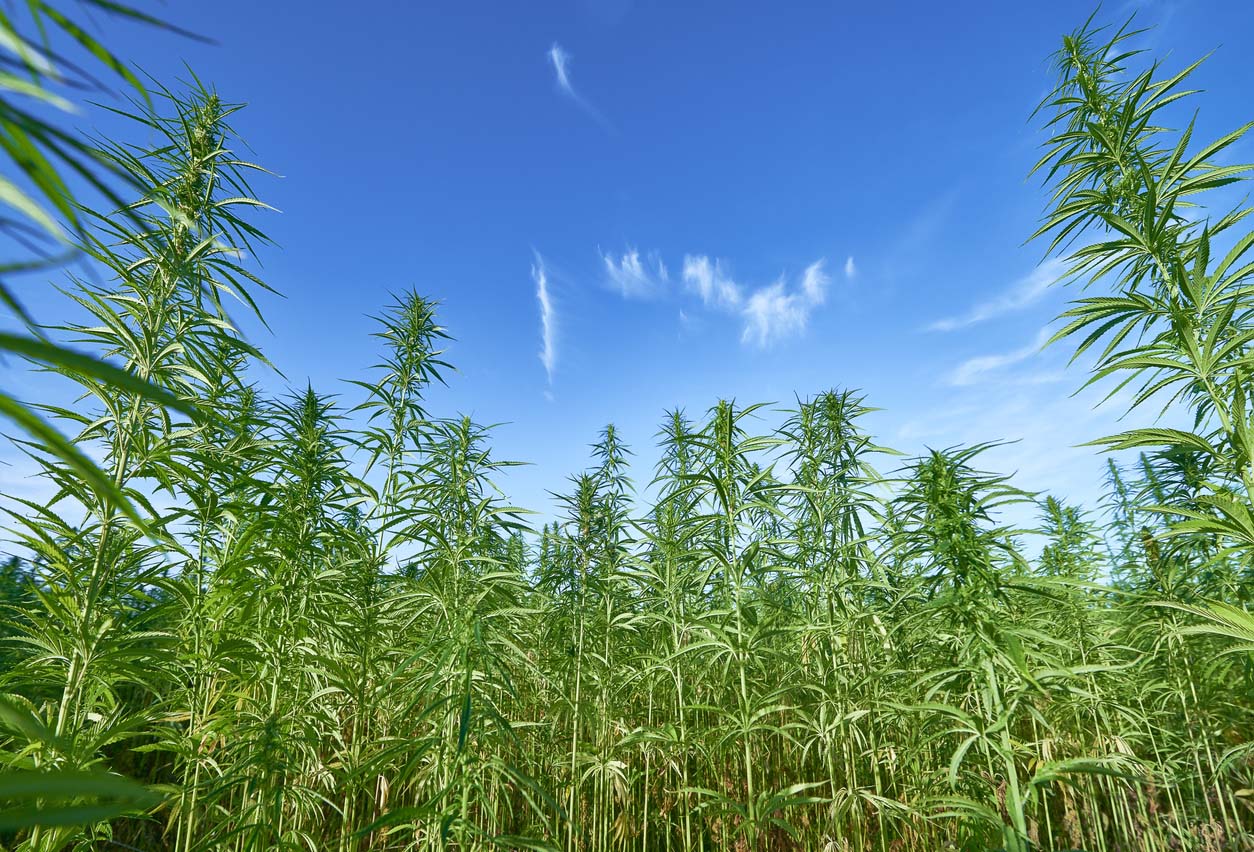
Understanding Cannabinoids: System, Benefits, and Functions
Cannabinoids are compounds found in the cannabis plant that have a variety of effects on the human body. While cannabis is often associated with its psychoactive effects, there are many different types of cannabinoids, each with unique properties and potential therapeutic benefits. Understanding the endocannabinoid system (ECS) is key to understanding how cannabinoids work in the body, and the potential benefits they offer in treating a range of conditions.
Endocannabinoid System Basics
The ECS is a complex network of receptors, enzymes, and endocannabinoids that helps regulate many physiological processes in the body, including mood, appetite, pain sensation, and immune function. The system is composed of two main types of receptors, CB1 and CB2, which are found throughout the body, including in the brain, immune cells, and organs like the liver and pancreas. When cannabinoids bind to these receptors, they can trigger a variety of effects, depending on the specific type of cannabinoid and the location of the receptor.
Types of Cannabinoids
There are over 100 different types of cannabinoids found in the cannabis plant, each with its own distinct properties and effects. The two main types of cannabinoids are tetrahydrocannabinol (THC) and cannabidiol (CBD), which are the most well-known and extensively studied cannabinoids. Other important cannabinoids include cannabigerol (CBG), cannabichromene (CBC), and cannabinol (CBN), among others.
THC: The Psychoactive Cannabinoid
THC is the primary psychoactive compound in cannabis and is responsible for many of the plant’s euphoric effects. When THC binds to CB1 receptors in the brain, it can trigger a range of effects, including a sense of euphoria, altered perception of time and space, and increased appetite. While THC has many potential benefits, it can also have negative side effects, including impaired cognitive function, anxiety, and paranoia.
CBD: The Non-Psychoactive Cannabinoid
CBD is a non-psychoactive cannabinoid that has gained widespread attention in recent years for its potential therapeutic benefits. Unlike THC, CBD does not bind strongly to CB1 receptors in the brain, which is why it does not produce the same psychoactive effects. Instead, CBD is thought to work by modulating the activity of other receptors in the body, including serotonin and vanilloid receptors.
Cannabinoid Receptors and Signaling
When cannabinoids bind to CB1 or CB2 receptors, they can trigger a variety of signaling pathways in the body, including the release of neurotransmitters like dopamine and serotonin, which can affect mood and behavior. Cannabinoids can also affect the activity of enzymes that break down endocannabinoids in the body, which can affect the overall balance of the ECS.
Therapeutic and Medical Benefits of Cannabinoids
Cannabinoids have a range of potential therapeutic benefits, including pain relief, anxiety and depression management, and neuroprotective effects. Many studies have shown that cannabinoids can be effective in treating chronic pain, especially in conditions like multiple sclerosis and neuropathic pain. Cannabinoids may also be effective in treating anxiety and depression, and may have neuroprotective effects that could be beneficial in treating conditions like Alzheimer’s and Parkinson’s disease.
Pain Management and Cannabinoids
Pain is one of the most common conditions for which cannabinoids are used, and many studies have shown that nabinoids can be effective in treating both acute and chronic pain. THC, in particular, has been shown to be effective in treating neuropathic pain, while CBD may be more effective in treating inflammation-related pain.
Anxiety, Depression and Cannabinoids
Cannabinoids may also be effective in treating anxiety and depression, which are among the most common mental health conditions worldwide. Many studies have shown that CBD can be effective in reducing anxiety and improving mood, although more research is needed to fully understand the mechanisms behind these effects.
Neuroprotective Effects of Cannabinoids
Cannabinoids may also have neuroprotective effects, which means they could be beneficial in treating conditions that affect the nervous system, such as Alzheimer’s and Parkinson’s disease. Many studies have shown that cannabinoids can reduce inflammation in the brain and protect against oxidative stress, both of which are believed to contribute to the development of these conditions.
Cannabinoid Use in Treating Cancer
There is also growing interest in the potential of cannabinoids in treating cancer. Some studies have shown that cannabinoids can induce apoptosis, or programmed cell death, in cancer cells, while others have shown that cannabinoids can inhibit the growth and spread of tumors. However, more research is needed to fully understand the potential of cannabinoids in cancer treatment.
Future Research and Development of Cannabinoids
As our understanding of the ECS and cannabinoids continues to grow, there is likely to be a lot of interest in developing new cannabinoid-based treatments for a range of conditions. However, more research is needed to fully understand the mechanisms behind the various effects of cannabinoids, as well as the potential risks and benefits of their use.
Understanding Cannabinoids: System, Benefits, and Functions
Cannabinoids represent a complex and fascinating area of research, with many potential therapeutic benefits for a range of conditions. Whether used for pain relief, anxiety and depression management, or neuroprotective effects, cannabinoids have shown promising results in many studies. However, more research is needed to fully understand their potential, as well as the risks and benefits of their use. As we continue to learn more about the endocannabinoid system and the various types of cannabinoids, there is likely to be a lot of interest in developing new treatments based on this fascinating area of research.


